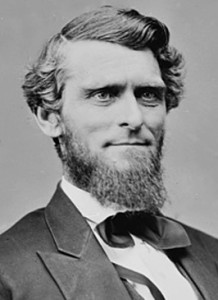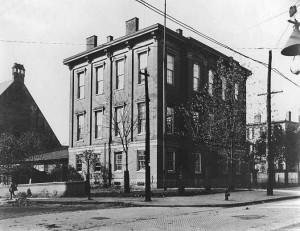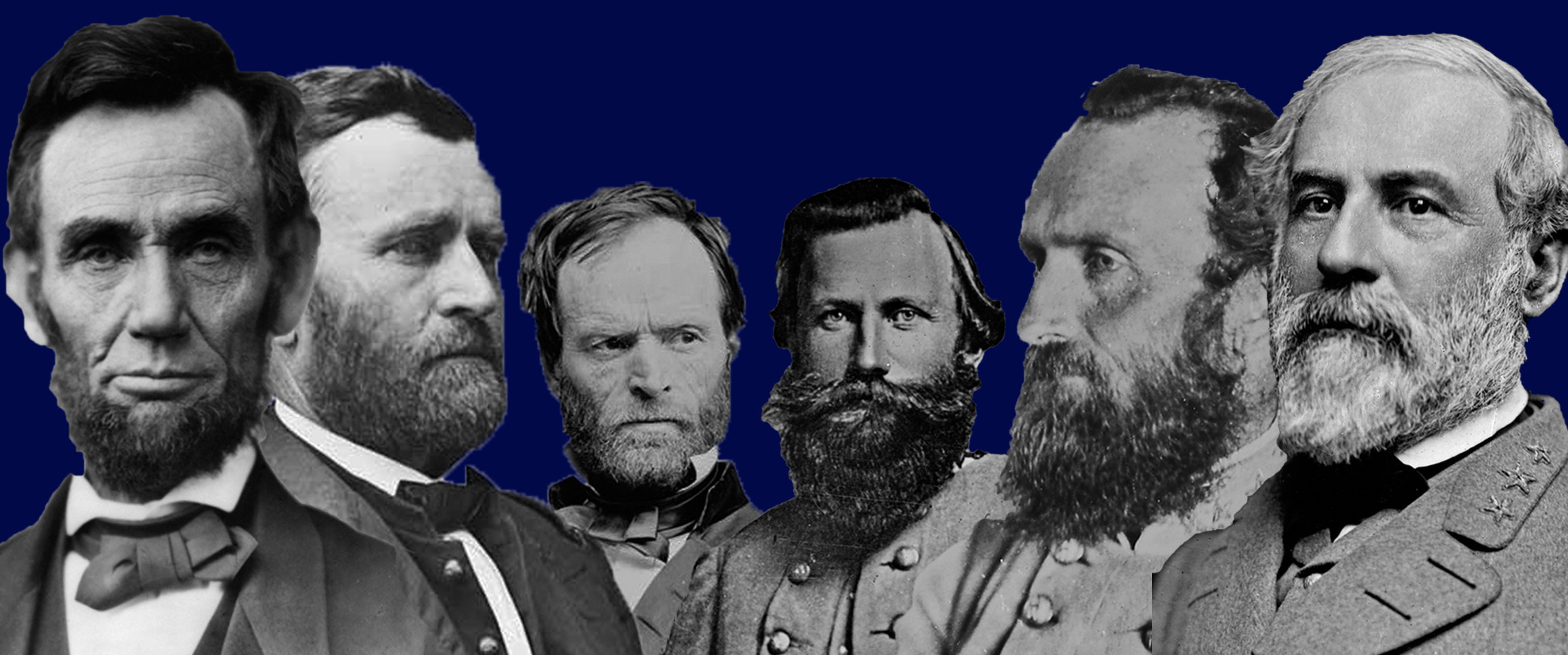
Library of Congress
On June 20, 1863, Arthur I. Boreman was sworn in as the first governor of the new State of West Virginia. Becoming the 35th state of the Union, West Virginia was carved out of the Commonwealth of Virginia through a constitutionally questionable process – one that President Abraham Lincoln believed, nonetheless, was “made expedient by a war.”
Born in Waynesburg, Pennsylvania on July 24, 1823, Boreman and his family moved to the northwestern part of Virginia during his early childhood. He eventually grew up to study law and was admitted to the bar in 1845. Moving to Parkersburg, (now West) Virginia to work as an attorney, Boreman was elected to represent his county in the Virginia House of Delegates in 1855. After Virginia’s secession from the Union in April 1861, a move he strongly opposed, he returned to western Virginia where he became active in efforts to keep that portion of the state loyal to the Union.
In June 1861, Boreman was elected president of the Second Wheeling Convention, the political body that established the Restored Government of Virginia, providing the constitutional means by which “Virginia” gave permission to form West Virginia out of its territory. Adjourning the convention in August 1861, Boreman remarked to his fellow delegates: “You have taken the initiative in the creation of a new State. This is a step of vital importance. I hope, and I pray God it may be successful; that it may not engender strife in our midst, nor bring upon us difficulties from abroad, but that its most ardent advocates may realize their fondest hopes of its complete success.”
Returning home after the convention, Boreman served as a circuit judge until May 1863 when he was nominated and then elected to serve as the first governor of the new state upon its admission into the Union the following month.

In his inaugural address in Wheeling, West Virginia, on June 20, 1863, Boreman called the new state a “child of the rebellion,” believing that “West Virginia should long since have had a separate State existence” as the “East has always looked upon the portion of the State west of the mountains as a sort of appendage – a territory in a state of pupilage.”
He continued justifying the split with Virginia by declaring:
“The mountains intervene between us, the rivers rise in the mountains and run towards the Northwest; and, as if to make the separation more complete, Eastern Virginia adopted the fatal doctrine of secession, while the West spurned and rejected it as false and dangerous in the extreme. Thus nature, our commerce, travel, habits, associations, and interests, all – all say that West Virginia should be severed from the East. And now, to-day after many long and weary years of insult and injustice, culminating on the part of the East, in an attempt to destroy the Government, we have the proud satisfaction of proclaiming to those around us that we are a separate State in the Union.”
Boreman would be re-elected twice to the governorship in 1864 and 1866, respectively, but declined to run thereafter. He was instead elected to the United States Senate in March 1869, serving one six-year term. Returning to Parkersburg thereafter, he spent the remainder of his life practicing law and serving as a circuit judge.
On April 19, 1896, after a long and successful career in three branches of government, the 72-year-old Arthur I. Boreman died of “a total collapse of the energies and a general breaking down.”






Leave a Reply